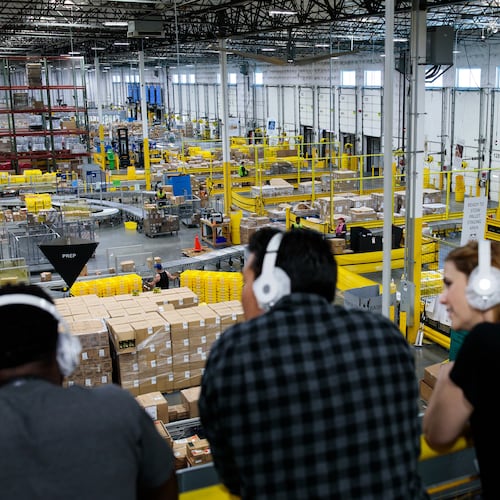As Shakespeare said, "What's in a name? That which we call a recession by any other name would cause as much grief."
Well, OK. Technically, he didn't. But he could have said it, if today he were a double major in literature and economics.
And the numbers would bear him out.
After all, he would have heard that the Great Recession was over. According to the National Bureau of Economic Research, the slide that started at the end of 2007 was over in summer 2009. Longer than any other downturn of the past seven decades, but over, done, finito.
So Young Will might wonder, why are things so lousy? We've still got that double-digit unemployment, the weak hiring, the foreclosures, the bankruptcies, the just-scraping-by for so many people.
As a playwright, Shakespeare might snort and say: Economists are crazy.
But as an econ guy, he'd know that they are just misunderstood. It's all about direction, you see. When the NBER says recession, it means a period of contraction, of economic decline.
Recession is over when decline ends -- that doesn't mean the economy has much improved.
The labor market is a lot better than in the winter of 2008-09. Now, the direction is no longer down.
But the ever-astute Shakespeare would point out that -- as with the rose -- the smell is pretty much the same.
Nationally, roughly 453,000 new claims were made for unemployment insurance last week, dipping 16,000 from the previous week, the government reported Thursday. New claims have averaged 464,250 the past four weeks.
Compare that to March 2009, when new claims averaged more than 635,000 a month -- yet our current claims level is still, by historical standards, lousy.
Consider: The pace of layoffs now is higher than it has been in any period, except for recessions, since they started keeping track.
In Georgia, the past four weeks of claims have averaged 14,413. That's less than half the level of early 2009; it's 8 percent below the level of a year ago.
We wouldn't care so much about job cuts if companies were aggressively hiring people.
Job-seekers have been saying for a long time that they struggle to get callbacks and interviews -- let alone job offers. Now comes a bit of statistical support from three economists in a paper for the NBER.
The economists calculated "the recruiting intensity" of employers. Looking at advertising, screening and wage offers, they found that companies are simply not trying very hard to fill openings.
According to the paper, employer efforts are 12 percent below their pre-recession average.
Until they start trying harder, the ranks of the jobless are not going to shrink and the pain of the long-term unemployed will not be relieved.
So the economy is not diving, layoffs are not accelerating, it's not a recession. But to paraphrase Young Will: All's well that ends well, only whatever this is, it ain't over.
About the Author
Keep Reading
The Latest
Featured



